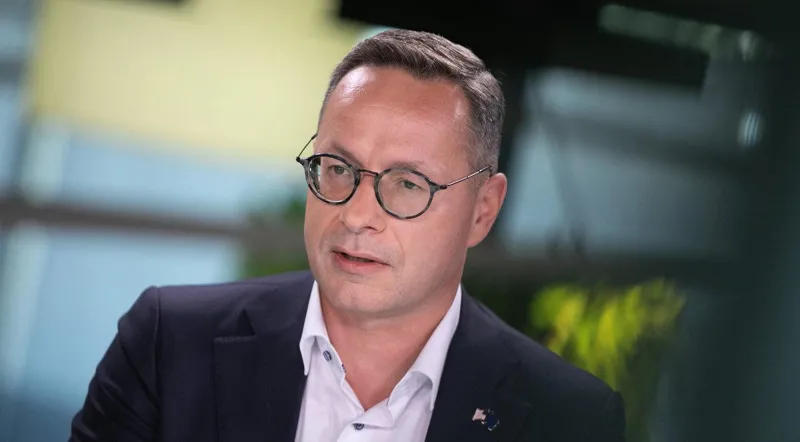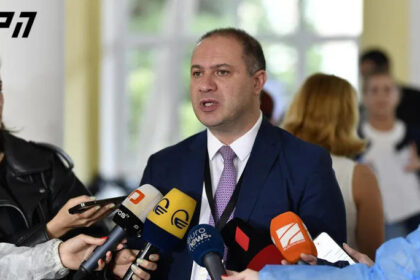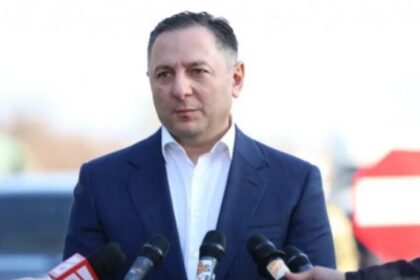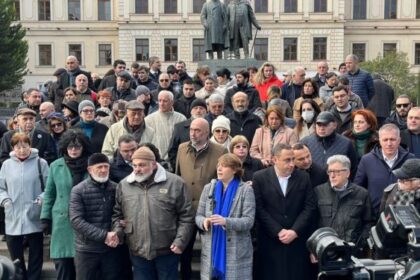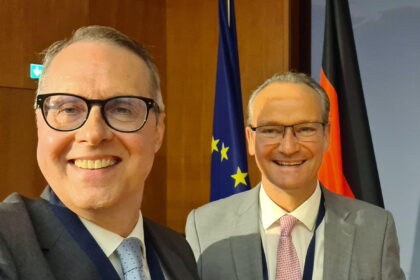**Georgia’s Shifting Allegiances Cause Concern in Lithuania**
As Georgia prepares to celebrate its Independence Day, a prominent Lithuanian politician has expressed concern over the country’s growing ties with Russia and Belarus. Žygimantas Pavilionis, Deputy Chairman of the Foreign Affairs Committee of the Lithuanian Parliament, took to social media platform X to voice his worries.
Pavilionis pointed out that Georgia, under its current leadership, seems to be integrating more with Russia than with the European Union or NATO. This shift in allegiance is causing concern among Baltic nations like Lithuania, which has historically been wary of Russian influence in the region.
**Russian Influence on the Rise**
The Deputy Chairman’s comments come as Georgia continues to navigate a complex web of relationships with its neighbors and international partners. While the country has made significant strides in consolidating its democracy and strengthening ties with the West, there are growing concerns about the spread of Russian influence within Georgia.
Pavilionis’ statement highlights the worrying trend of Georgian Nightmare, the current leadership, integrating more closely with Russia and Belarus than with Europe or NATO. This development is likely to be met with unease by many in the region who value their independence from Russian influence.
**Implications for Regional Security**
The Lithuanian politician’s comments also have implications for regional security. The Baltic states, including Lithuania, Latvia, and Estonia, are already on high alert due to Russia’s aggressive behavior in Ukraine and other parts of Eastern Europe.
As Georgia deepens its ties with Russia and Belarus, it may find itself increasingly drawn into the Kremlin’s orbit. This could have significant consequences for regional stability and security, particularly if other countries in the region begin to follow suit.
**Analysis**
The Deputy Chairman’s statement underscores the need for close monitoring and analysis of developments in Georgia and beyond. As the world grapples with the complexities of global politics, it is essential to stay informed about shifting allegiances and their implications for regional security.
Read More @ www.interpressnews.ge




